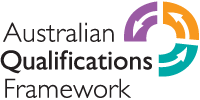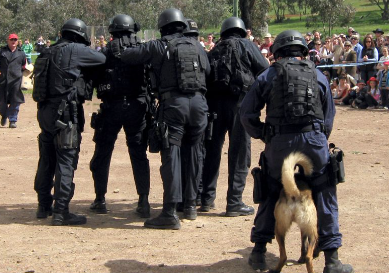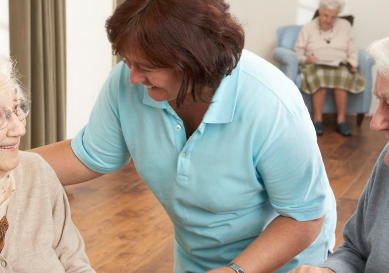Delivery mode indicates how you will be provided your study resources. You may see one or more of the following:
Face to Face - The majority of course delivery and assessment is conducted in the classroom and practical activities. This may be supported by online resources and assessment.
RPL only – if this is recorded, no study option is available, assessment is via RPL ONLY and has restricted entry, please refer to entry requirements.
Online only – entire course completed online, may include live online role play, audio and/or video upload
Attendance and online – face-to-face component supported by online resources and online assessments
Attendance only – resources available online but assessments conducted during attendance
Integrated – online theory and attend CLET assessment centre for some assessment components
Distance – online theory and attend external agencies for some assessment components
Workplace learning – resources available online but assessments conducted as part of workplace performance (note: if not all assessments are conducted in the workplace, then distance will also be recorded)









